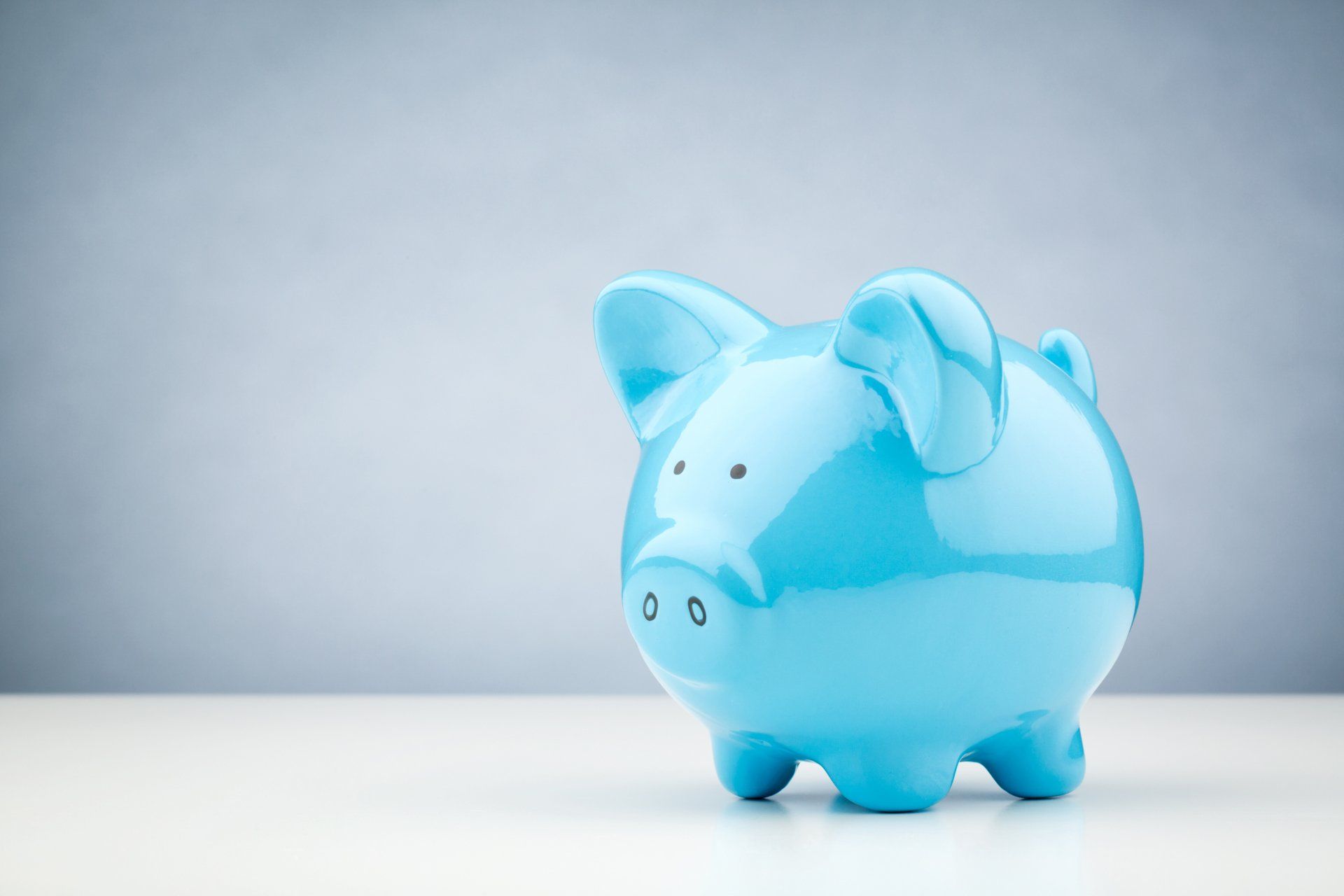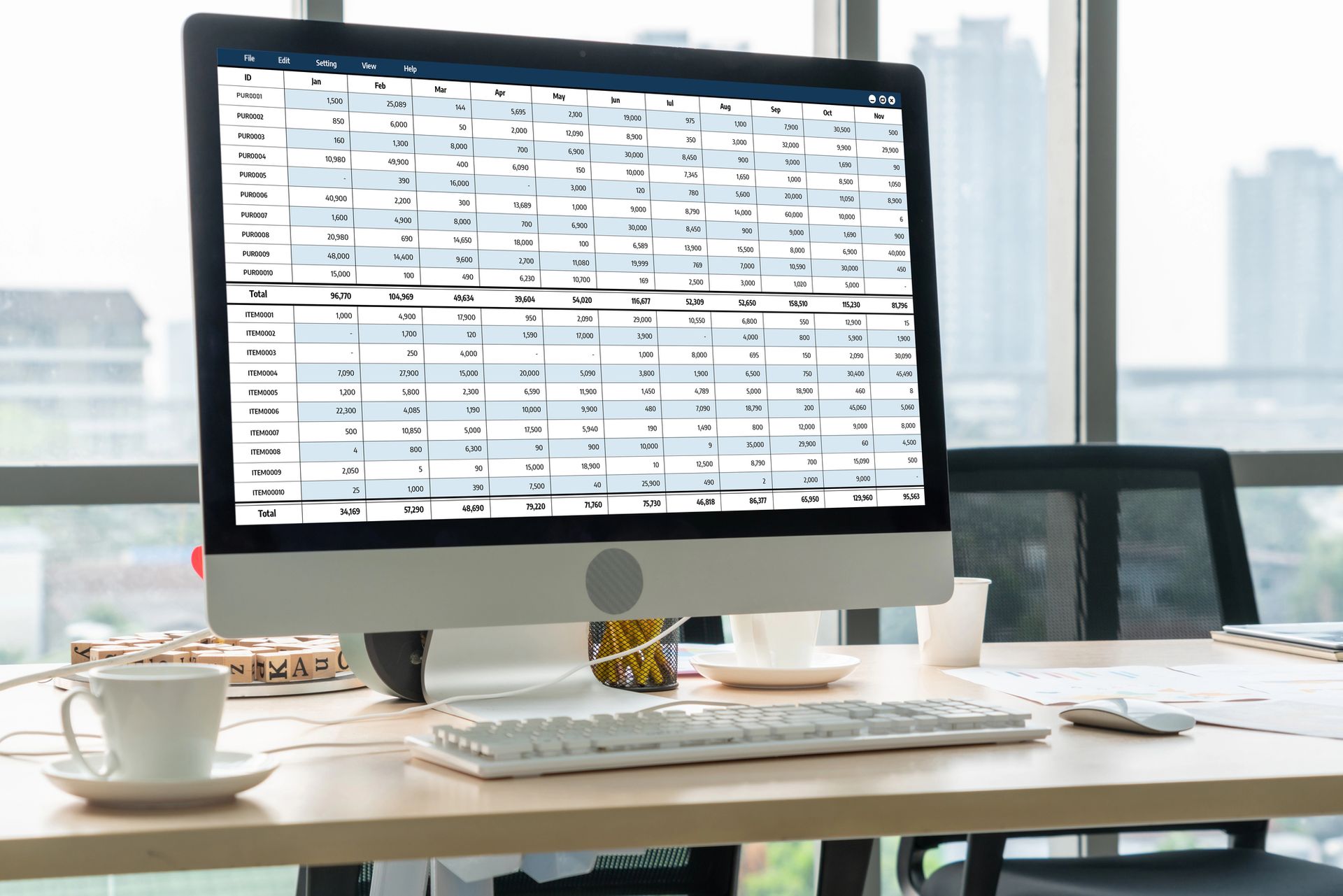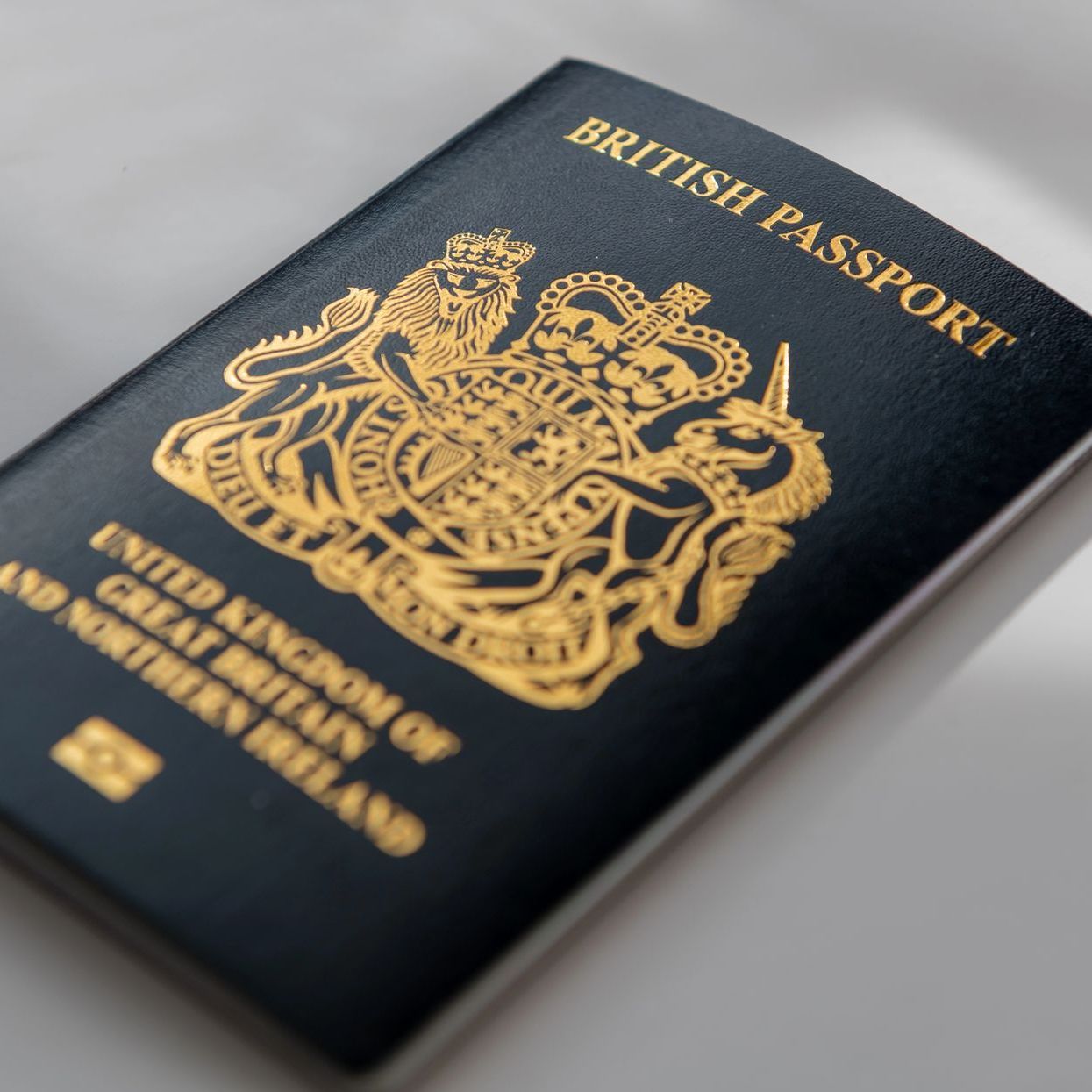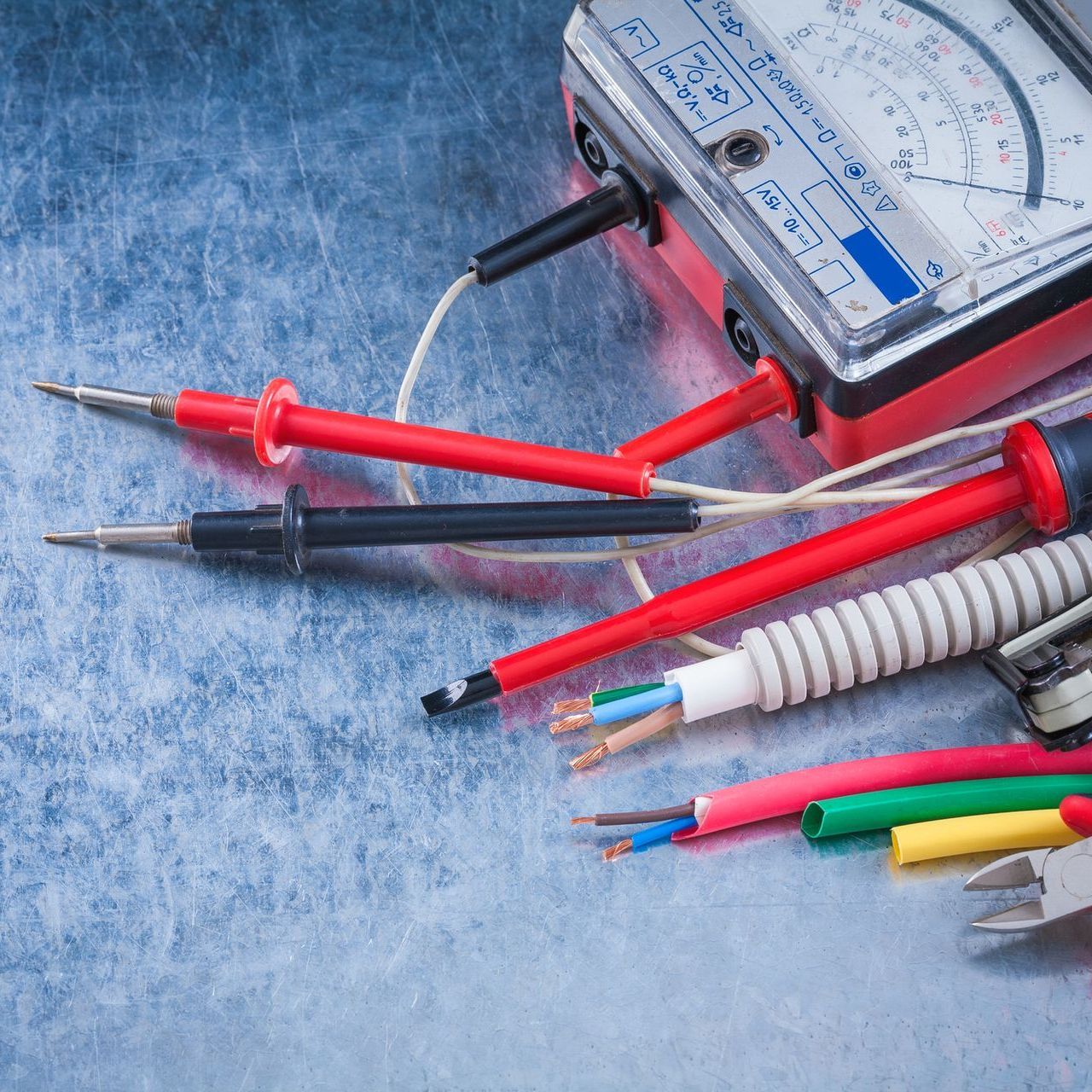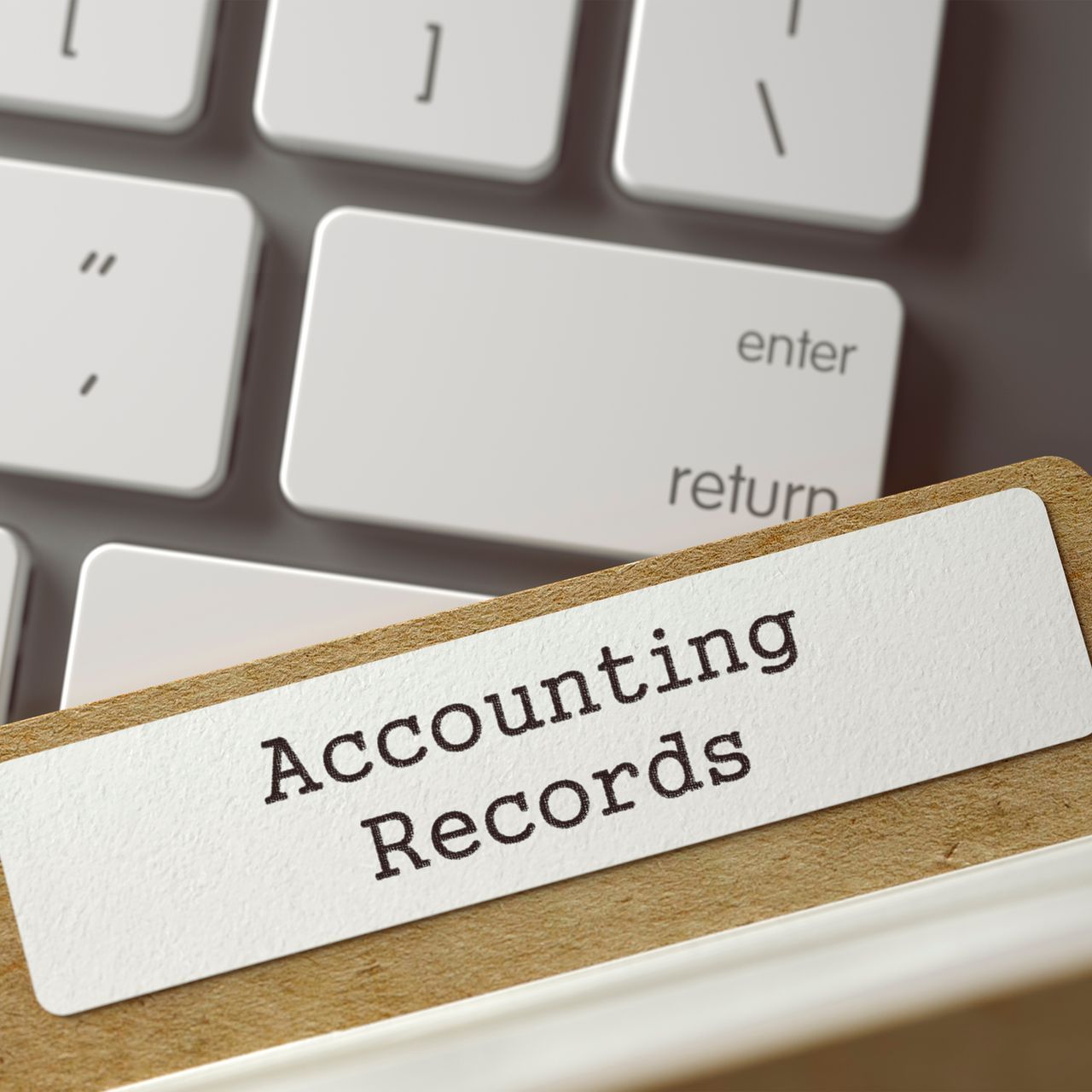What happens if I borrow money from my company?
When you are running a company, its not unusual to end up with transactions between you and the company. For example, when the following things happen:
- Paying for small things on behalf of your company or vice versa
- Borrowing cash from your company without accounting for it through your payroll or as a dividend (you should really try to avoid this if you can)
- Putting capital into the company to help it grow
- Taking a dividend when there aren’t enough profits to distribute (this will end up having to be paid back)
Remember that a company is completely separate from the person or people either running or owning it (see my previous blog for a description of how companies work here). When these types of transaction occur, you end up with a director’s loan account. It is no problem to lend money to your company, however there are many disincentives to borrow money from your company. It is important that any balances between you and your company are documented in the same way as any other company transactions. You can find out how here.
What happens if I owe my company money?
If you owe your company money at your year end and you haven’t managed to pay it back within 9 months there are several consequences for both the company and you as a director.
Implications for the company
The company will be required to pay additional tax at the penal rate of 32.5%. Once you pay back the loan to the company, this tax will be returned to you, incentivising you to withdraw company funds through the recognised routes of salary or dividend.
Note that if you repay your directors loan and then quickly withdraw a similar amount back out of the company, HMRC will not accept there has been a repayment. The additional corporation tax will not be eligible for repayment until the loan has been fully paid off.
Implications for you as director
When you owe your company more than £10,000 then the loan is also a taxable benefit in your hands until its repaid. The loan should therefore appear on your P11D. Class 1A National Insurance will be paid on the benefit received, which in this case is valued as interest on the loan at the HMRC official rate (2.5% at the time of writing) less any interest payments you have made towards the loan. You can avoid the benefit in kind altogether by paying interest to your company at the HMRC official rate of interest or higher.
How you can repay the loan
You can repay your directors loan account by making a physical deposit of cash into the business, by putting a salary through your payroll without withdrawing the funds or by declaring a dividend and not paying yourself the cash (although check it’s a legal dividend by following the requirements here first).
What happens if my company owes me money?
Conversely, if the company owes you money you can withdraw it at any time. Money withdrawn from your director’s loan account is not an expense of the business and therefore is not a deduction for Corporation tax but nor is it taxable on the director.
In fact, if your company owes you money you can charge interest on the loan. It is a bit of a faff but if you are willing to jump through a few admin hoops, it is a way of getting money out of your company in a tax efficient manner. Your company will need to deduct interest at 20% and fill out a quarterly CT61 form, which you can request here. Depending on your circumstances the tax on this interest may be reclaimable.
HMRC don’t like you to owe your company money and there are plenty of financial disincentives to stop people from building up a director’s loan account. If you can avoid it, it is a good idea to do so!




